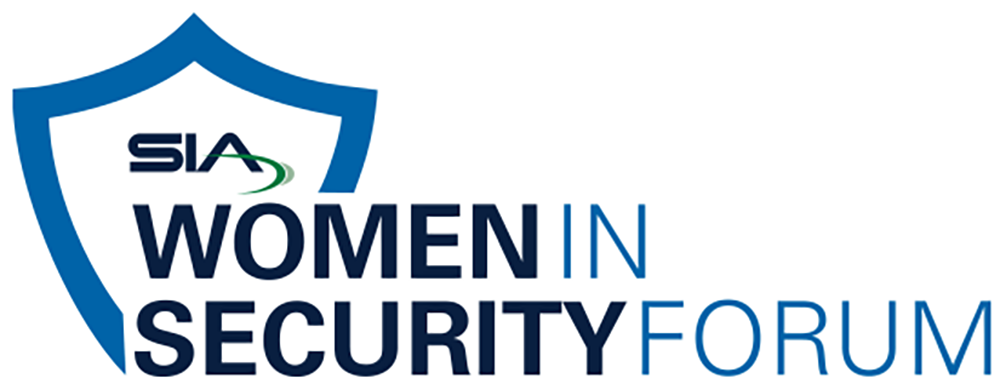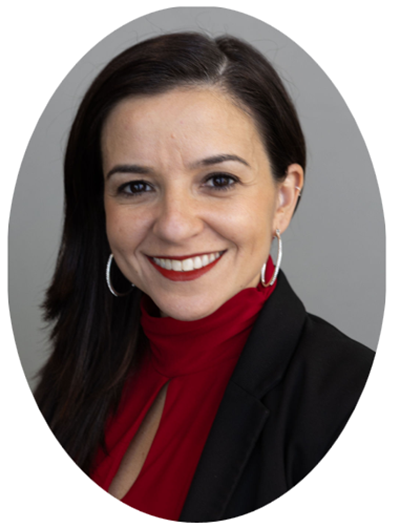Women in Security Profile: ‘Don’t rely solely on diversity as a strategy if you don’t have the skills to back it up,’ says Ceres Silva

By Kenneth Z. Chutchian, Contributing Editor
Updated 12:46 PM CDT, Wed October 23, 2024

YARMOUTH, Maine—Ceres Silva, Canadian sales director for Eagle Eye Networks (EEN), believes it’s not only networking that helps women get ahead in the security industry, but also enhancing your skills to keep up with trends in a constantly evolving market.
“While building connections as a woman in the security field is important, it’s equally vital to ensure your skills, knowledge, and credentials are up to date,” she explained. “The security industry is rapidly changing, and staying informed is essential to meet market demands. Since I decided to pursue a career in security, I obtained my master’s degree, earned my APP certification, completed a cybersecurity diploma, received a computer science certificate, and participated in numerous manufacturer solution trainings. Remember, don’t rely solely on diversity as a strategy if you don’t have the skills to back it up.”
 As part of Security Systems News’ and the SIA Women in Security Forum’s continuing series highlighting the contributions of women in security, the following is an exclusive Q&A with Silva:
As part of Security Systems News’ and the SIA Women in Security Forum’s continuing series highlighting the contributions of women in security, the following is an exclusive Q&A with Silva:
SSN: What are your current roles and responsibilities?
Silva: My responsibilities include strategic planning and implementation of corporate goals implementing country-specific business strategies; team leadership by recruiting, mentoring and fostering a positive corporate culture; regulatory and compliance; reporting to senior management on performance, KPIs and strategic initiatives; liaison between corporate’s marketing team and country’s tailored campaigns to drive sales initiatives and achieve revenue targets.
My overarching responsibility is to align corporate goals with a strategic approach tailored to the Canadian market to drive business growth.
SSN: What has your journey been like in a male-dominated industry without much diversity?
Silva: I was raised in a household that valued equal treatment. My father expected brilliance from both his son and daughters, always encouraging us to pursue our dreams. This foundation gave me the confidence to thrive in any role I encountered in the security market.
However, my journey hasn’t been without challenges, including a struggle for credibility, moments of diminishment, and subtle harassment. Instead of discouragement (believe me, some situations really can take a toll on you!) I chose to view every obstacle as a learning opportunity, using each experience to prepare myself for future encounters.
My advice is this: the market is evolving. Don’t take these challenges personally; the men involved are likely also learning from their experiences and may not be acting with intent, but rather due to a lack of exposure to diverse perspectives, particularly from women. Use these moments to foster open conversations without hostility, highlighting that a diverse team is essential for success.
SSN: Moving forward, what does the security industry need to consider when addressing diversity?
Silva: I need to be direct - for both employees and employers: Don’t hire a woman just to meet your diversity quota, and women shouldn’t expect to be hired without meeting the employers’ requirements. While other industries have established robust systems for education, mentorship, internships, and career development, the security sector is beginning to adopt similar initiatives. Our associations should continue to empower diverse professionals by offering educational opportunities, mentorship programs, networking support, and events that highlight successful diversity stories.
For employers, it begins with implementing internal cultural competence training to help employees understand different cultures, backgrounds, and perspectives, fostering empathy and addressing unconscious biases. Ultimately, we are all role models for newcomers in the security industry, and we have both an ethical and professional responsibility to guide, support, and celebrate diversity.
Comments